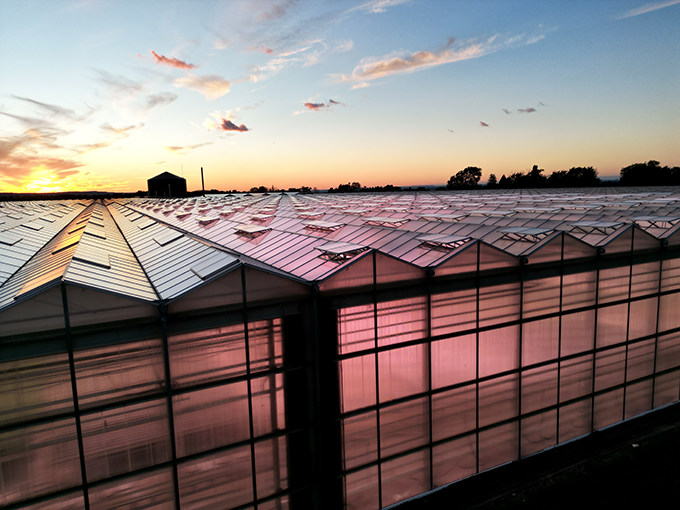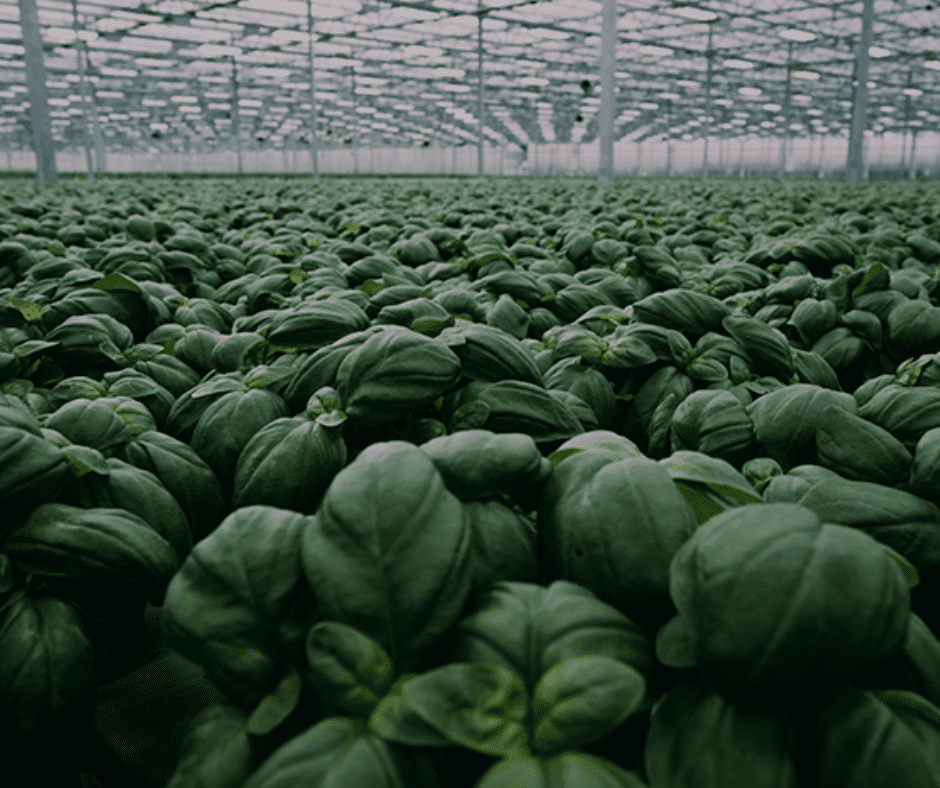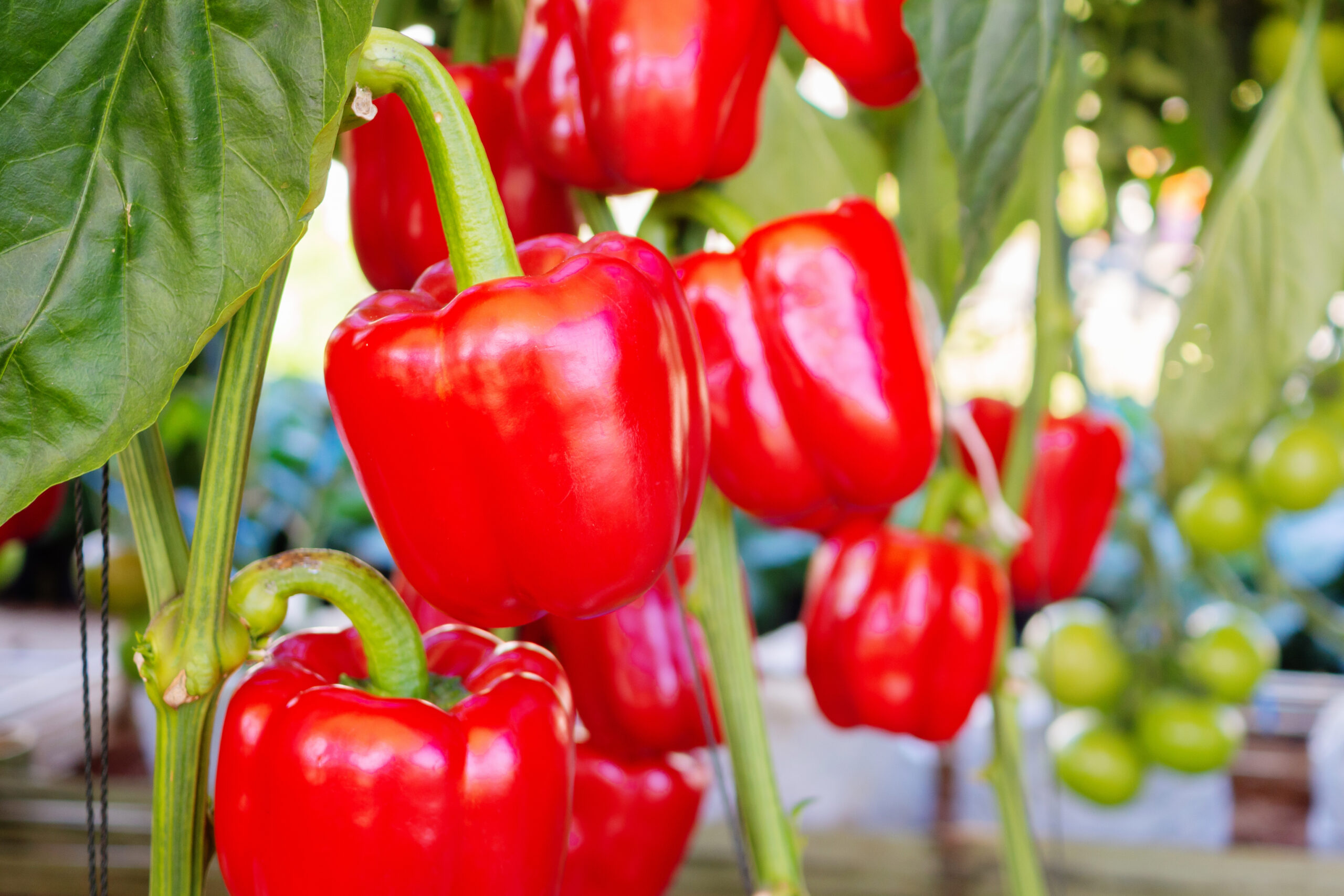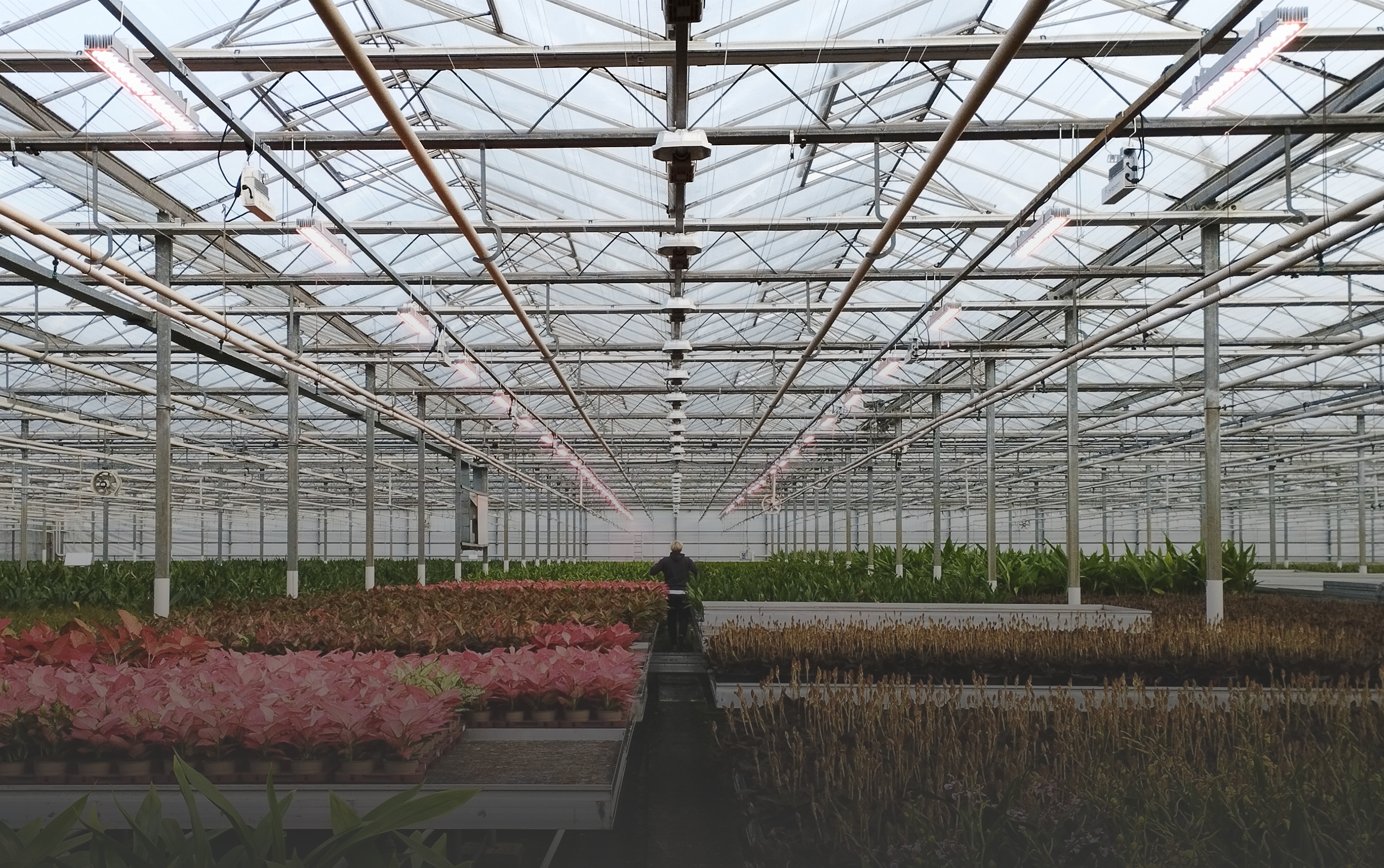Research
Articles
In one of our By Growers for Growers webinars, Dr. Roberto Lopez of Michigan State University discussed a study conducted by one of his Ph.D. students, Kellie Walters. Using basil as a case study, the research was intended to show how growers can significantly enhance the development and flavor of culinary herbs with LED grow lights.
Download our Ebook on Producing High Quality, Profitable Crops Faster >>
Study Background and Objectives
During the webinar, Dr. Lopez explained, “The reason we started this research is that we did a national survey of growers. We asked them how much they thought their operations could benefit from research on manipulating the growing environment to improve crop flavor.
“We found that 52% said very likely, and 39% said moderately.” He continued, “Overwhelmingly, 84% of respondents indicated that their customers would pay more if their culinary herbs had an increase in flavor.”
Using sweet basil ‘Nufar’ seedlings, the objectives of the study were to determine how light intensity and carbon dioxide concentration influence:
- Growth and Development
- Volatiles
- Production for Consumer Preference
Working indoors in a sole-source lighting environment, the lab provided between 100 and 600 micromoles of light to the plants.
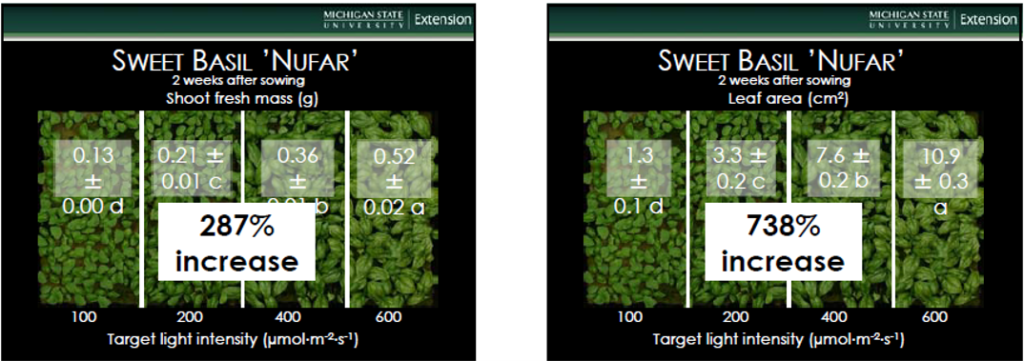
Image Source: Dr. Roberto G. Lopez, Michigan State University 2020
How Light Intensity Increases Basil Growth And Development
The images above show the plants two weeks after sowing. The study showed that by increasing light intensity from 100 to 600 micromoles, fresh shoot mass increased by nearly 300% and leaf area grew by over 700%.
How Light Intensity Influences Flavor in Sweet Basil Seedlings
The lab concentrated on studying the compounds that can be attributed to giving basil its distinctive aroma and flavor, including:
- 1,8-cineole/Eucalyptol: a monoterpenoid that produces the aroma of eucalyptus
- Eugenol and Methyl Eugenol: phenylpropanoids that produce the aroma and flavor of cloves
- Linalool: a monoterpenoid that produces the aroma and flavor of floral spiciness, sometimes compared to Froot Loops™
The overall findings were that increasing the light intensity increased the flavor compounds.
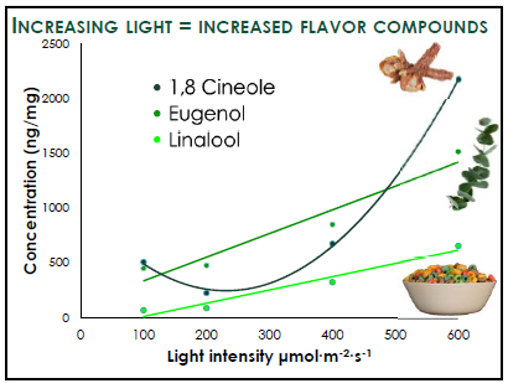
“Photons = Flavor: the case study of basil” by Kellie Walters and Dr. Roberto Lopez, Department of Horticulture, Michigan State University, April 2020
Dr. Lopez commented, “With linalool, which gives us that fruit with spiciness or Froot Loops flavor, we saw a linear increase in concentration when we increased the light intensity at that young plant stage. We also saw that cineole, which basically gives us that eucalyptus aroma, also increased linearly with increasing light intensity. Then with eugenol, with the clove-like taste and smell, we saw similar concentrations at 100 to 200 micromoles, and then an increase at 400 to 600 micromoles of light.” He summarized, “Looking at all three, we see that as you increase the light intensity, you see an increase in these flavor compounds.”
How Consumer Preferences Play a Role in Growing Basil and Culinary Herbs
In terms of the consumer component of the study, Dr. Lopez commented, “We found that consumers preferred the basil that was grown at 200 micromoles. At anywhere from 400 to 600 micromoles, the flavor was so intense that most consumers thought it tasted like licorice. There were some consumers that preferred basil within this area. However, the vast majority preferred the basil that was grown under 200 micromoles of light.”
The Michigan State University lab results showed that growers can use LED lighting intensity to control more than just crop development. LED grow lights also provide today’s growers with the ability to meet the flavor profiles consumers demand in culinary herbs.
Get in touch with us!
From custom light planning, to tailored quotes, and everything in between,
our team of horticulture experts are always ready to assist.



